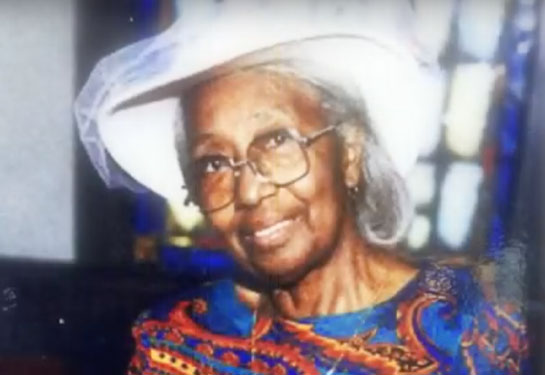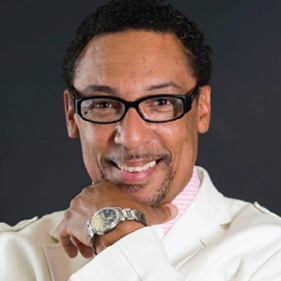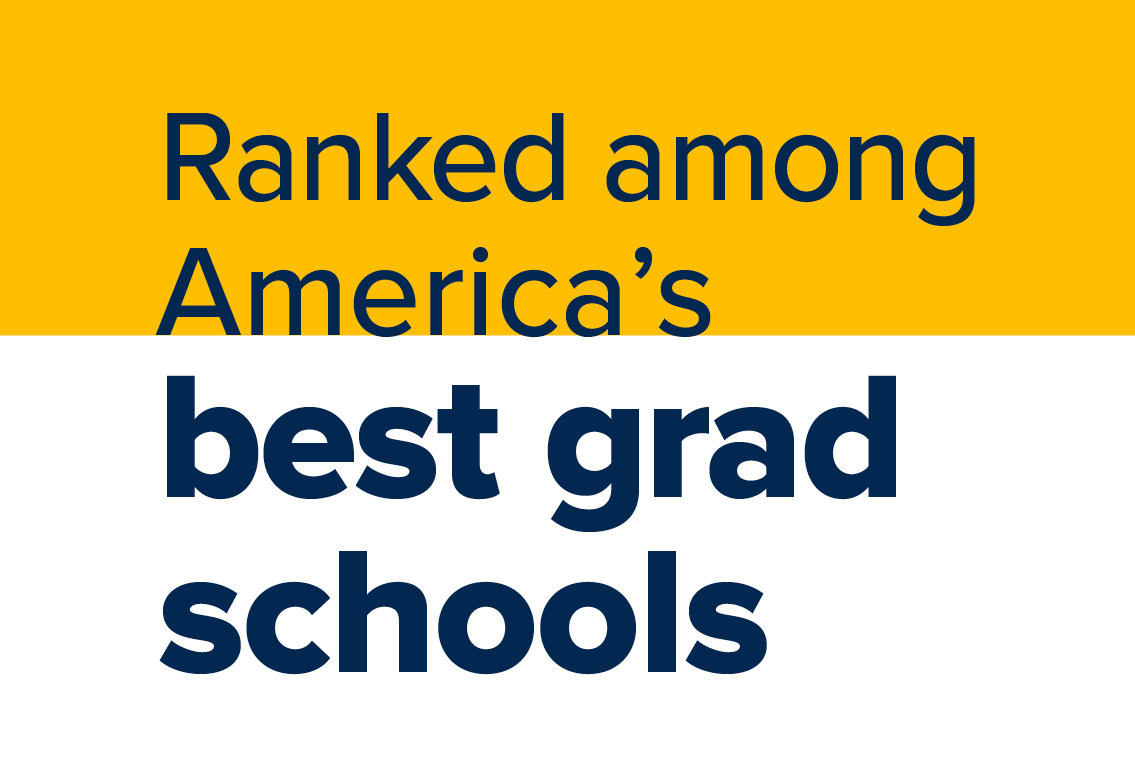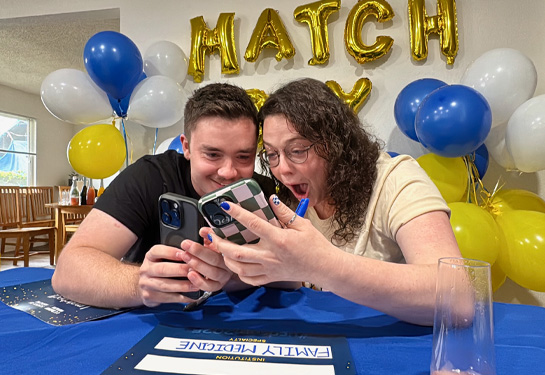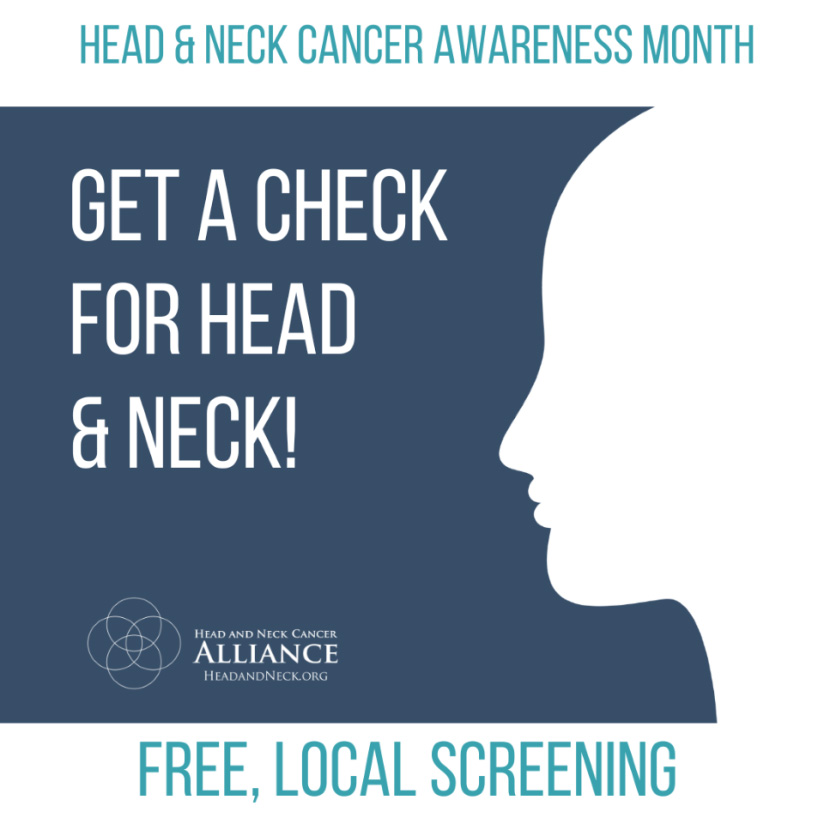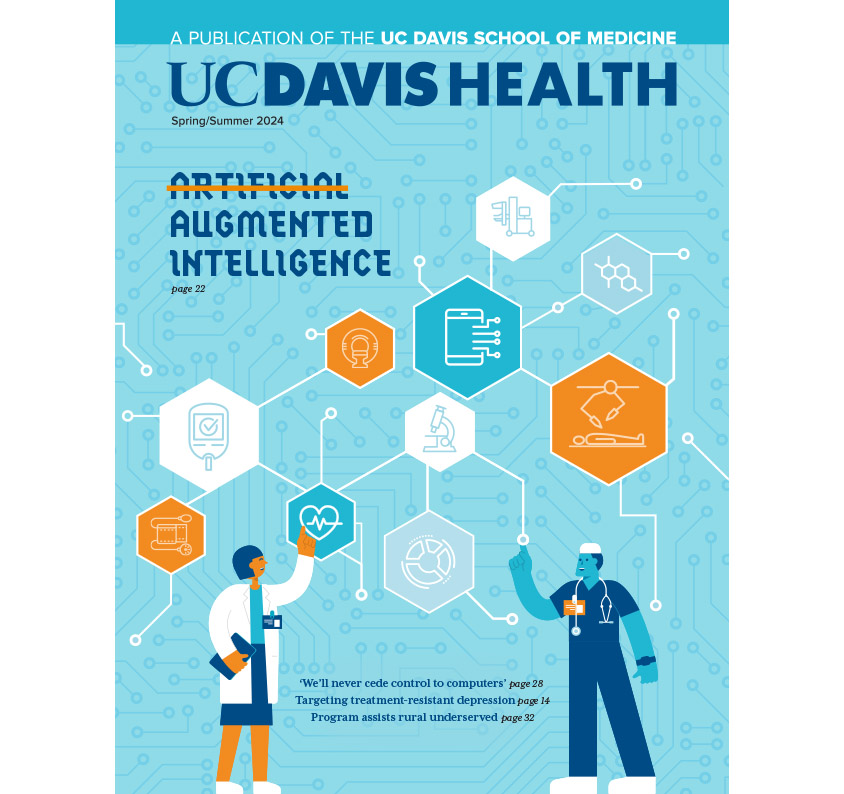Stage play screening highlights challenges, resources for dementia care
Community event brings hopes and resources for family caregivers
Garrett Davis says he does everything for Goodness’ sake.
But “goodness” is spelled with a capital G because it’s the name of his grandmother, Goodness Davis, who died after battling Alzheimer’s Disease.
“Goodness was the apple of my eye, and I was the apple of hers. And when I went home from spring break and she didn’t know who I was, I couldn’t deal with that,” Davis recalled.
He was in such denial that he never saw Goodness again. But he did attend her funeral. In hopes that others facing the devastating diagnosis are more informed, he wrote the award-winning play “Forget Me Not.” It’s his gift to her.
“This is how I give back,” he said. “This is how, if someone else who may be in my shoes, they’ll handle it differently after seeing the play.”
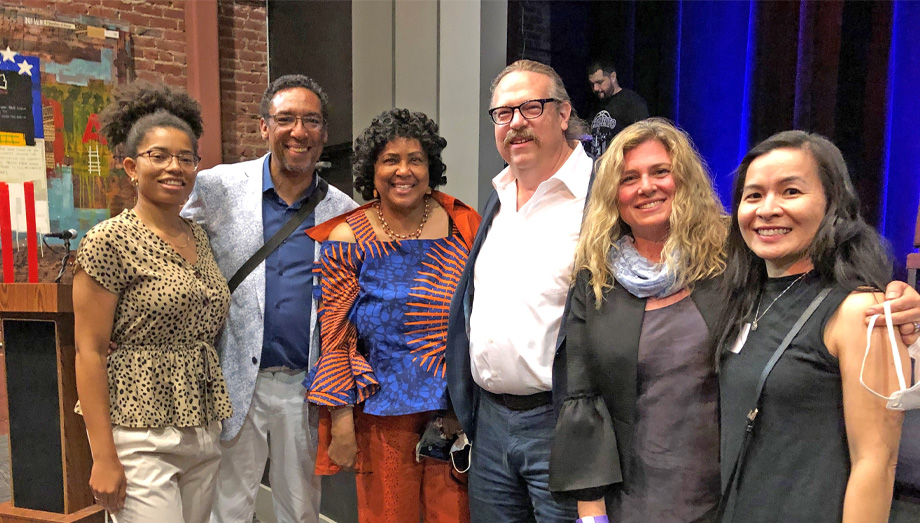
That was his hope Friday night at a community event at the historic Guild Theater in the Oak Park neighborhood of Sacramento. Roughly 100 people gathered in person and another 100 joined virtually from as far away as Oakland, for a screening of the performance and a panel discussion with UC Davis Health experts, family caregivers, research participants and community leaders. Supporting culturally appropriate healthy aging is a goal of the UC Davis Health Healthy Aging Initiative.
“We are dedicated to developing community-informed activities to support healthy aging, especially in historically underserved communities,” said Elizabeth Vasile, director of the UC Davis Clinical and Translational Science Center’s (CTSC) Health Equity Resources and Outreach (HERO) program, an event sponsor.
“Forget Me Not” dramatizes what happens in African American families impacted by dementia and dementia care. Davis plays the role of June, the charismatic grandfather who has Alzheimer’s. Davis hopes to reach family caregivers for this at-risk group, which is twice as likely to get Alzheimer’s but less likely to get help.
“The first thing caregivers have to do is come to terms with accepting the fact that they are a caregiver. Doing so will open resources that you did not know were available,” Davis said. “In communities of color, we have a tendency to want to be the best provider that we can, not knowing that we are operating in the role as a caregiver. The resources that are available, we don't even know exist, because we don't see ourselves as caregivers.”
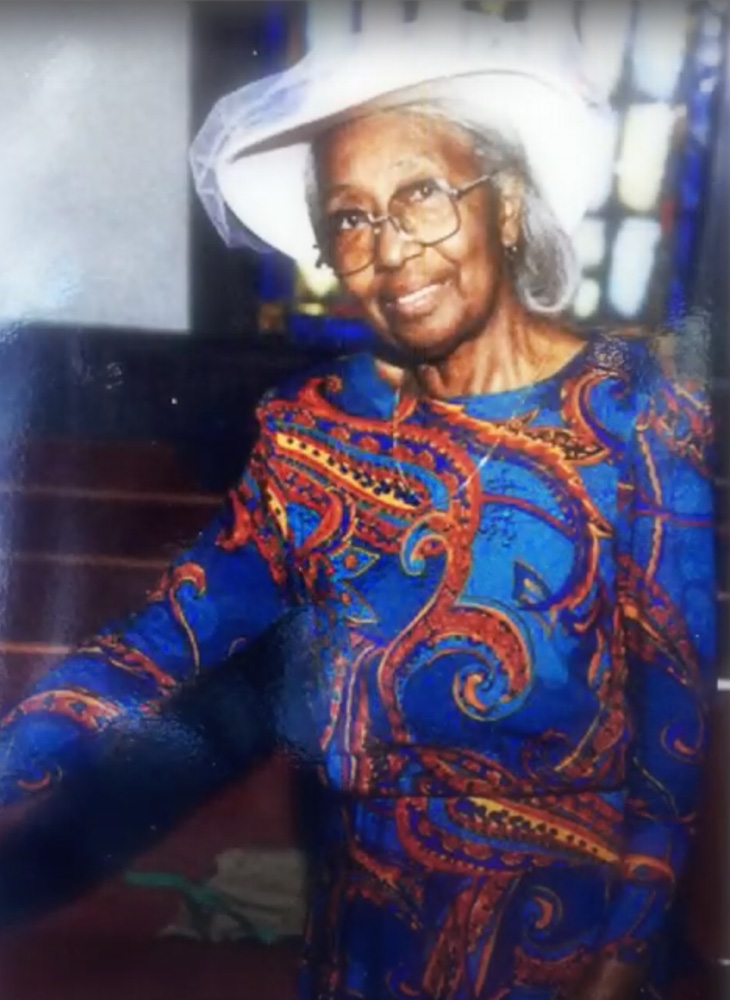
The event brought a mixture of laughter and pain, along with expert perspectives on healthy brain aging, Alzheimer’s disease, and research and resources available to help communities age gracefully. Organizers intentionally included community members, themselves, who have lived experience caring for family members with Alzheimer’s as well as those with deep knowledge of community needs.
"This was a true academic-community partnership from start to finish. We know the impact we can have in brain health awareness and Alzheimer’s research when we involve community experts from the very beginning,” said Oanh Meyer, a researcher with the Alzheimer’s Disease Research Center at UC Davis and the Family Caregiving Institute at the Betty Irene Moore School of Nursing.
The emotion on stage and information afterward made an impact. One attendee, whose mother was diagnosed with Alzheimer's Disease a year-and-a-half ago admitted, "We are still learning how to cope with the disease, the whole mental decline."
In communities of color, we have a tendency to want to be the best provider that we can, not knowing that we are operating in the role as a caregiver. The resources that are available, we don't even know exist, because we don't see ourselves as caregivers.—Garrett Davis, playwright
Since writing the play, Davis has formed the Forget Me Not Project dedicated to closing the gap in health disparities in communities of color. He and his fellow creators raise the awareness of issues and concerns that affect the minority community via the performing arts. They present award-winning stage plays, films, documentaries and other projects that educate the entire family as well as the general public.
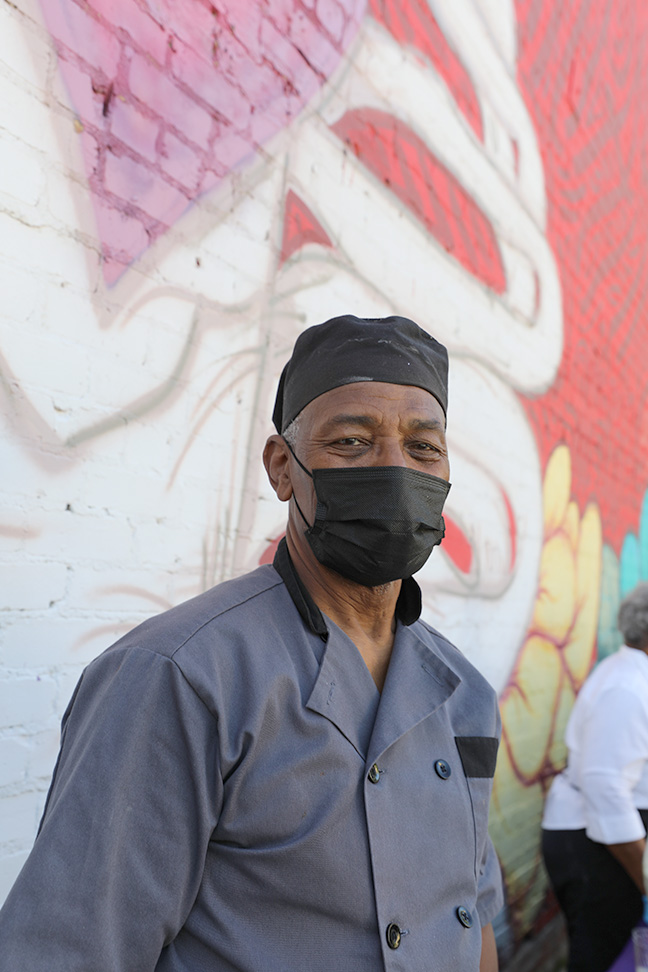
He said the conversations around dementia have advanced positively since he created the play 13 years ago. But there’s still more to be done.
“Perception, in many cases, is one's reality. A caregiver may feel like they are out on an island all alone due to being overwhelmed,” he explained. “There is still work that needs to be done to ensure that we are able to communicate the services and opportunities to assist all caregivers where they are on their own personal caregiving journey so that no one is left out.”
If you or someone you know needs dementia care resources, visit:
Family Caregiving Institute at the Betty Irene Moore School of Nursing at UC Davis
UC Davis Alzheimer’s Disease Center


